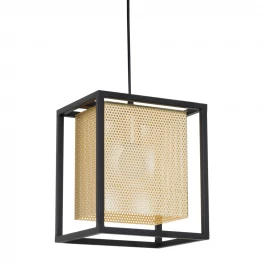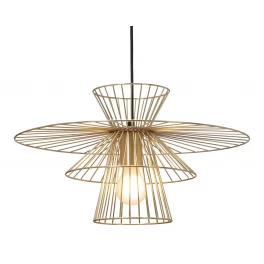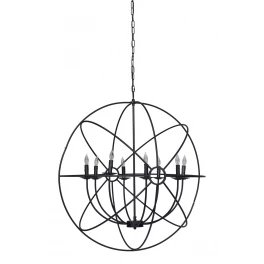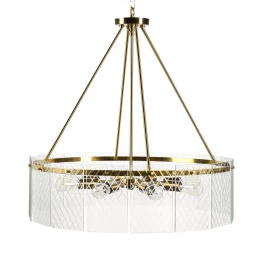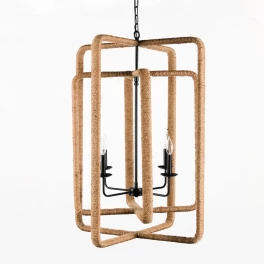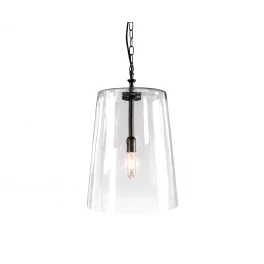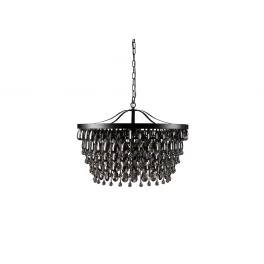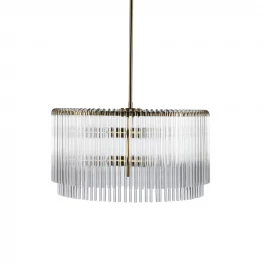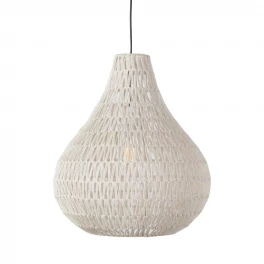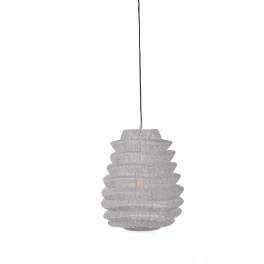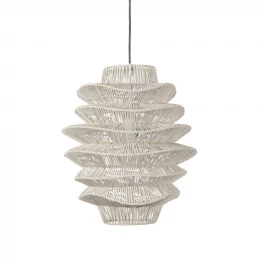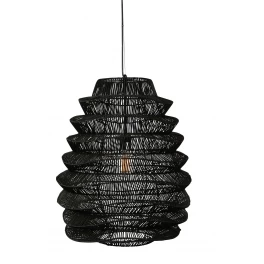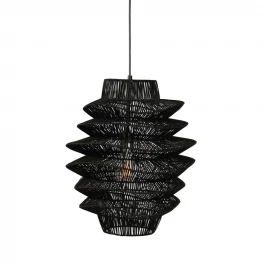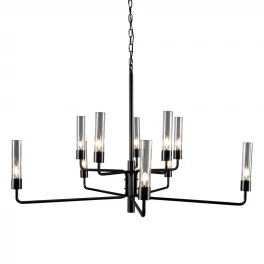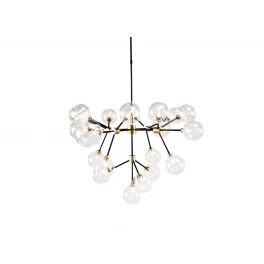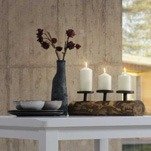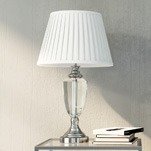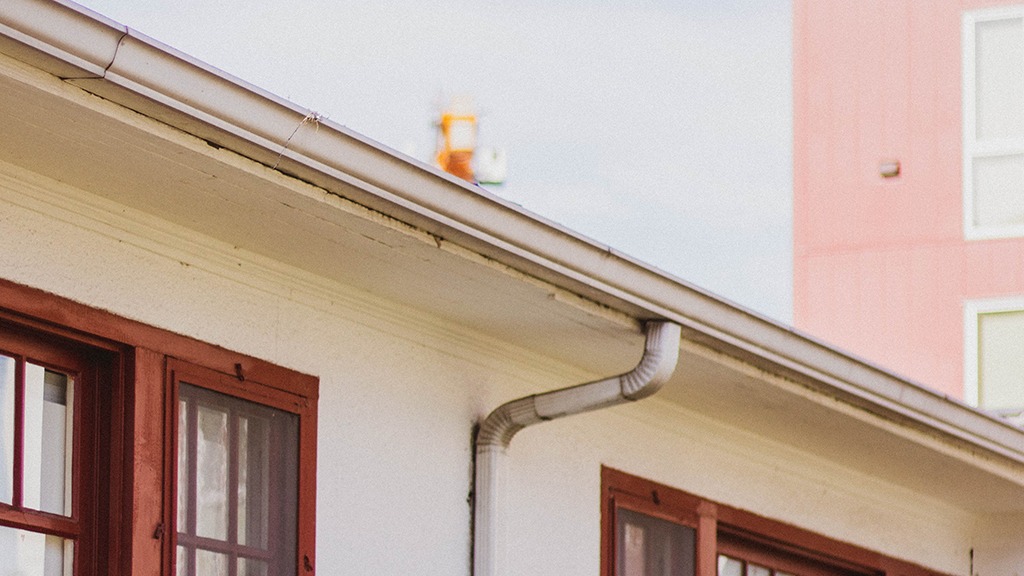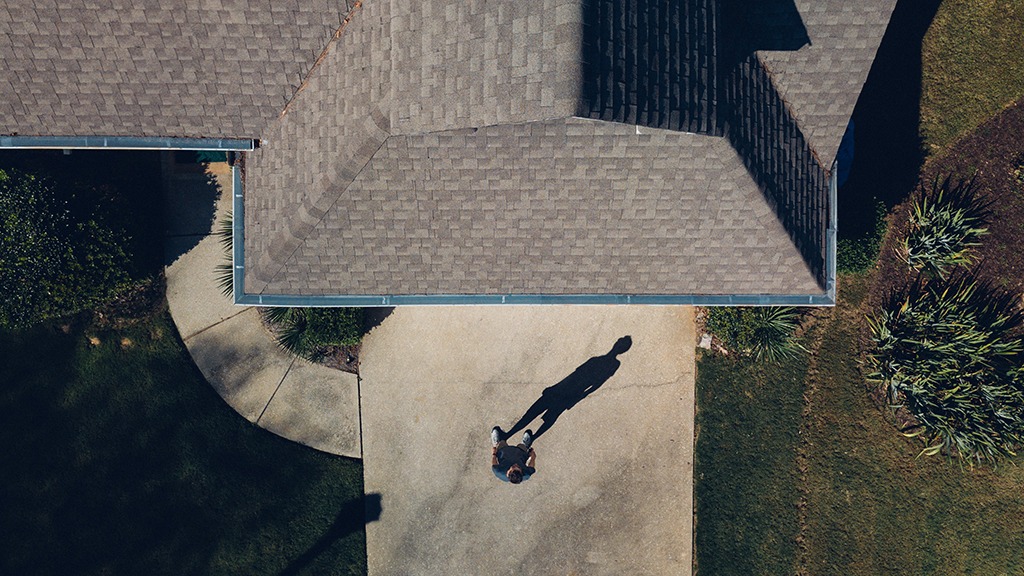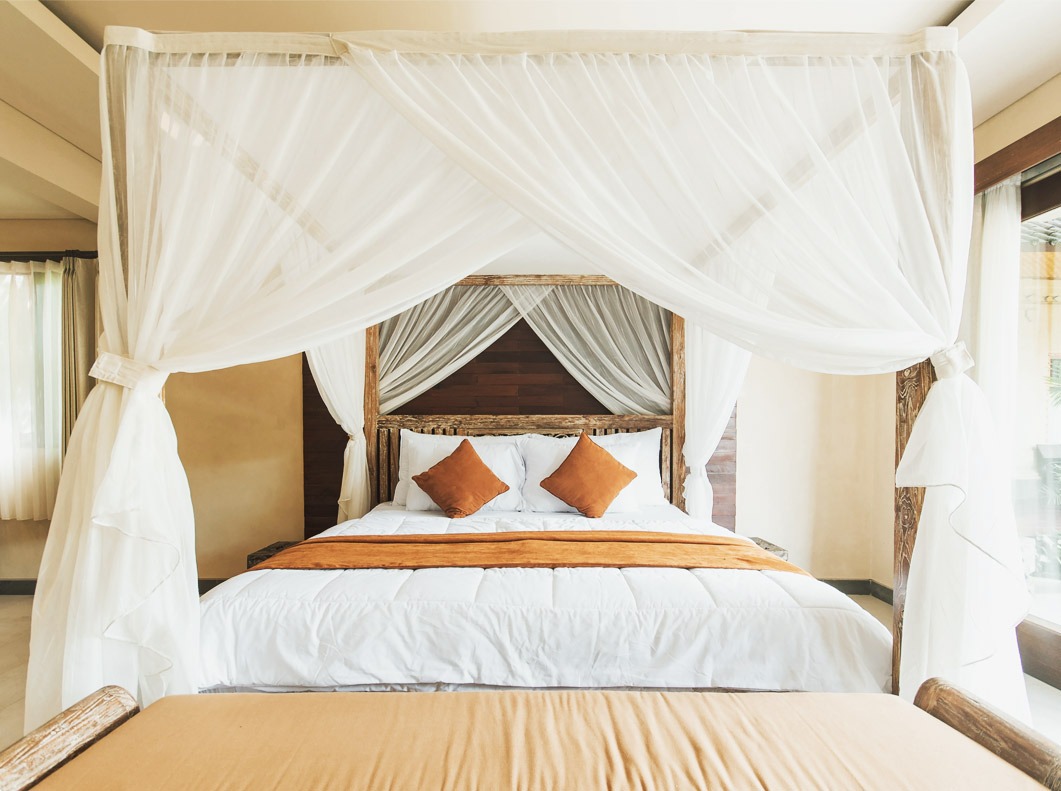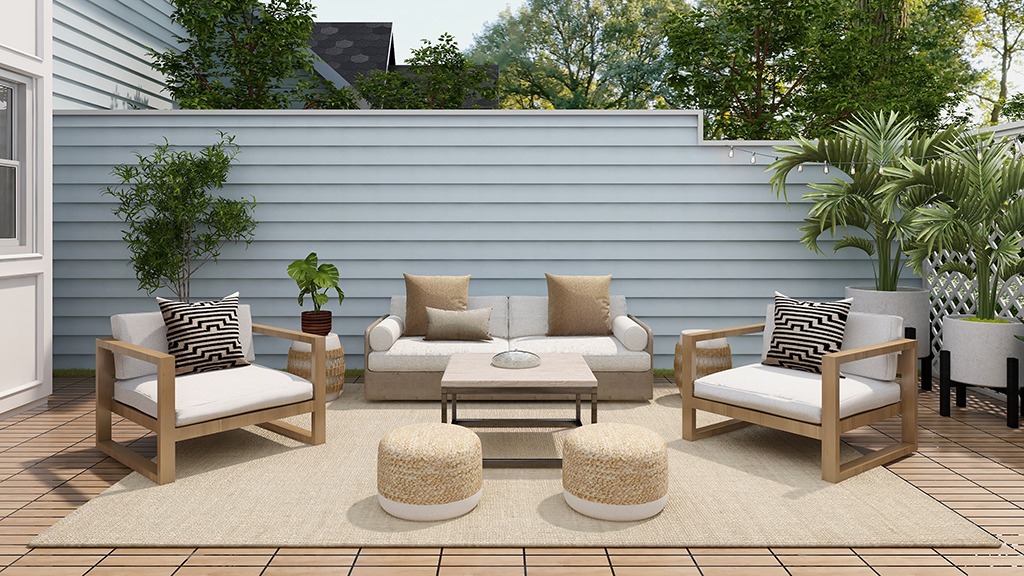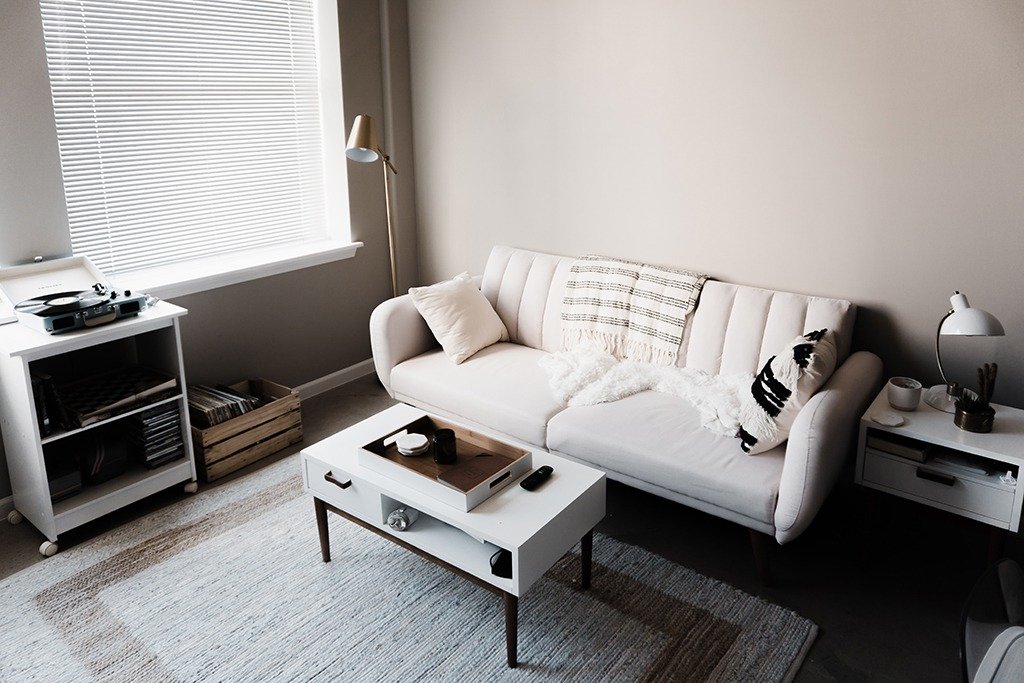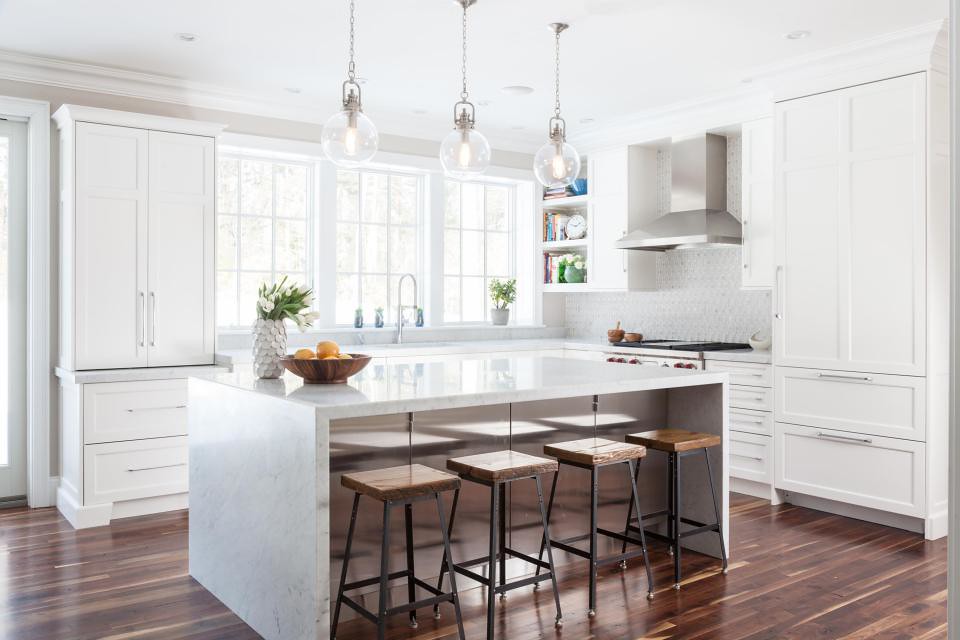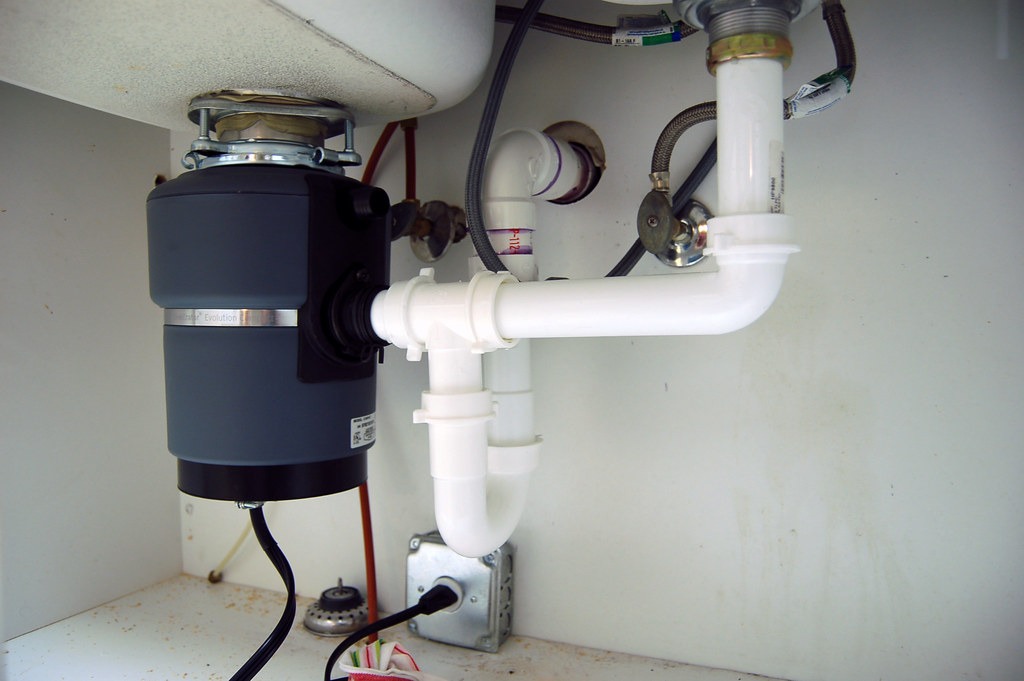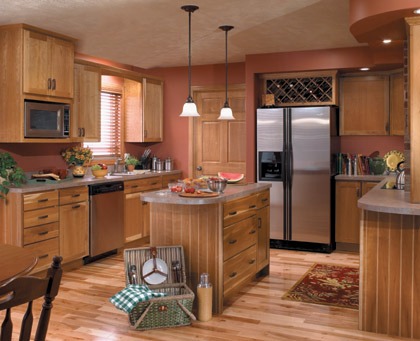If you want your home to appear warm and inviting at night, choose your outdoor lights carefully. You want strong lights that will let you see on late nights, but their brightness needs to complement the interior lighting leaking through your curtains, otherwise you'll be installing blackout shades before you know it. Exterior lights also need to be strategically placed so their illumination funnels toward the darkest areas of your yard, driveway, and porch. If you can, use your house to help bounce light where you want it. Exterior lighting may seem like an afterthought, but if you take the time to pick the right lights it can elevate the drive-by value of your home. Use these tips as a checklist so your exterior lighting can be an asset to your home.
1. Pick a Reasonable Size
Outdoor light fixtures don’t have to be big. You want to illuminate a large area of ground if you can, but don’t pick lights so big they dwarf your house. Chose a light that complements the build, style, and exterior of your home. This can vary depending on where you’re placing the light. However, if you need to brighten your side yard or driveway, a bigger light may work in your favor. Light fixtures for your porch, or on either side of a doorway, should be smaller and more decorative. If you want outdoor lights that flatter your home’s exterior, let your house be your guide.
2. Choose a Relevant Color
You wouldn’t choose a living room lamp that clashed with the walls or the wood furniture. The same rules apply for outdoor lighting fixtures. If your house is painted blue, consider pewter or black designs. If the house is a warm, earthy color, bronze and gold fixtures will blend in well and help make your outdoor lighting blend in with the other design elements of your house.
3. Check Out LEDs
Incandescent and fluorescent bulbs are brighter, but LED lights are durable, energy-efficient, and they last for years. Most modern LEDs are nearly as bright as their traditional counterparts too, so you don’t lose out on much. If you need outdoor lights you can depend on for a long time, invest in some LEDs.
4. Pick Durable Lights
All outdoor lights are designed to withstand year-round weather, but their actual durability varies. Some manufacturers focus on designs that minimize water damage while others make sure their product can withstand all types of harsh weather. Your geographic location and the location of your exterior lights on your house should both determine what kind of light you use. Sheltered areas and warmer climates don’t face the same wear-and-tear as more exposed areas.
5. Try Frosted Glass
Outdoor lights are usually made with regular glass due to the myth that the frosted varieties soften light. While frosted glass mutes the intensity of light, it also amplifies the coverage area. If you want to save money, a low-watt bulb in a frosted glass fixture will have nearly the same effect as a high-watt bulb behind regular glass. Frosted glass is also easy to maintain in an outdoor environment. You don’t have to clear away frost and dust when they collect in the fixture.
6.Find the Right Wattage
The type of light emanating from your house should guide you as you consider the wattage for your outdoor lights. Consider what you need the lights to accomplish too. If your driveway is too dark and you want a light that will stretch far, you’ll probably want a higher wattage bulb. For decorative lighting or evening lights for the wintertime, you can save money with low-wattage bulbs that will do the trick.
7. Use Solar Energy
Outdoor lights that operate on solar energy can save you a lot of trouble. Working with solar, you won’t have to worry about new wiring or higher energy bills. If you want a few atmospheric lights to brighten your doorway, save money and try some solar-powered lights. If you want more serious lighting for the exterior of your house, stick to electrical fixtures. Solar lights can last a surprisingly long time, but they will never reach the intensity of an electric bulb.
8. Check Local Requirements
Many cities have regulations dictating the types of exterior lighting that can be used in different neighborhoods. These specifications range from rules that minimize safety hazards to guidelines designed to give neighborhoods some semblance of privacy at night. In some states, all fixtures must be Energy Star certified. Before you invest in outdoor lighting, make sure it will pass the safety inspection.
Outdoor lighting can be a great asset to your home. Take the time to pick fixtures that will add light and style to your home every evening.




